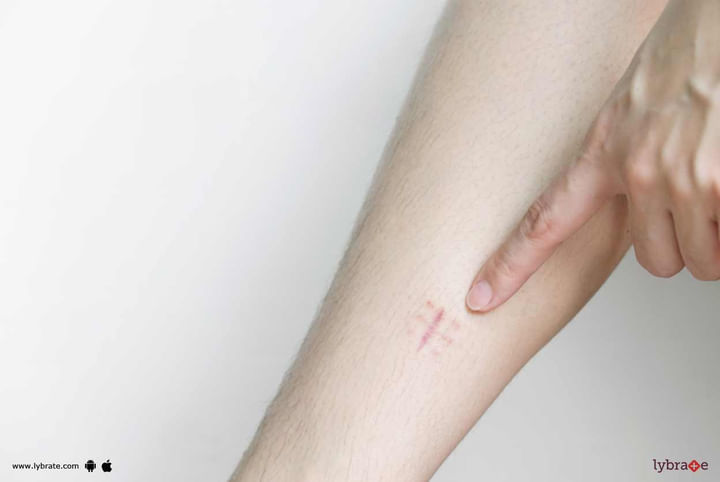Pain Stitches - How To Handle It Post Surgery?
Stitches or sutures act as a closure for either surface wounds or deep wounds. Procedure to close a deep wound comprises of sewing the two edges and applying stitches under the skin surface.
Categories of sutures
- Non-absorbable stitches are applied in case of skin wounds or internal wounds. Such stitches heal quickly and are easy to remove. Non-absorbable stitches are made of natural fibres or synthetic threads like nylon polypropylene. As the name suggests, these stitches are either permanent or persist for a long time.
- Absorbable stitches are applied on layers which have the property of healing quickly. They are very firm during the initial days. Then they start getting dissolved in the body.
Precautions are taken by the medical team before applying stitches to prevent infection
- Careful checking of a nose for occurrence of germs before the start of an operation.
- Skin must be cleansed prior to surgery.
- Sanitizing hands prior to conducting the surgery.
- Usage of germ-free gloves and sterile clothes while applying sutures.
- Prescribing antibiotics to the patients who may fear a high risk of infection.
Precautions to be taken by a patient to prevent infection
- Take a bath prior to surgery.
- Avoid using a razor at the surgical site. The same can be carried out by using clippers by the surgery team itself.
- Keep all your jewellery aside before the operation starts. Do not apply nail polish.
- It is advised to cover up the wound. Try to keep the adjacent areas germ free. This is a crucial step in avoiding infection.
- Visit your doctor at once on finding redness around the wound.
When to see your doctor?
Pain up to a certain threshold is normal. In case pain gets unbearable, the scene can be alarming. It may be an indication of infection. Taking immediate remedial steps is necessary to avoid infection or any other side effects post the surgery. On meeting with any of the following signs, it is better to consult the doctor at once.
- If the skin around the wound gets swollen.
- If you detect redness around the wound.
- If the pain becomes unbearable.
- If the wound starts developing pus.
- If your body temperature increases abnormally or if you have a fever.
- If you observe red streaks around the wound.
- If in case a stitch gets opened up and the edges of the suture start widening. This is the most alarming sign. In case a suture gets opened, you must immediately seek for a remedy.
Ask your doctor for the precautions you can take to avoid experiencing any of the above signs. If unfortunately, you come across such alarming symptoms, rush to the nearest hospital and get the appropriate treatment.



+1.svg)
